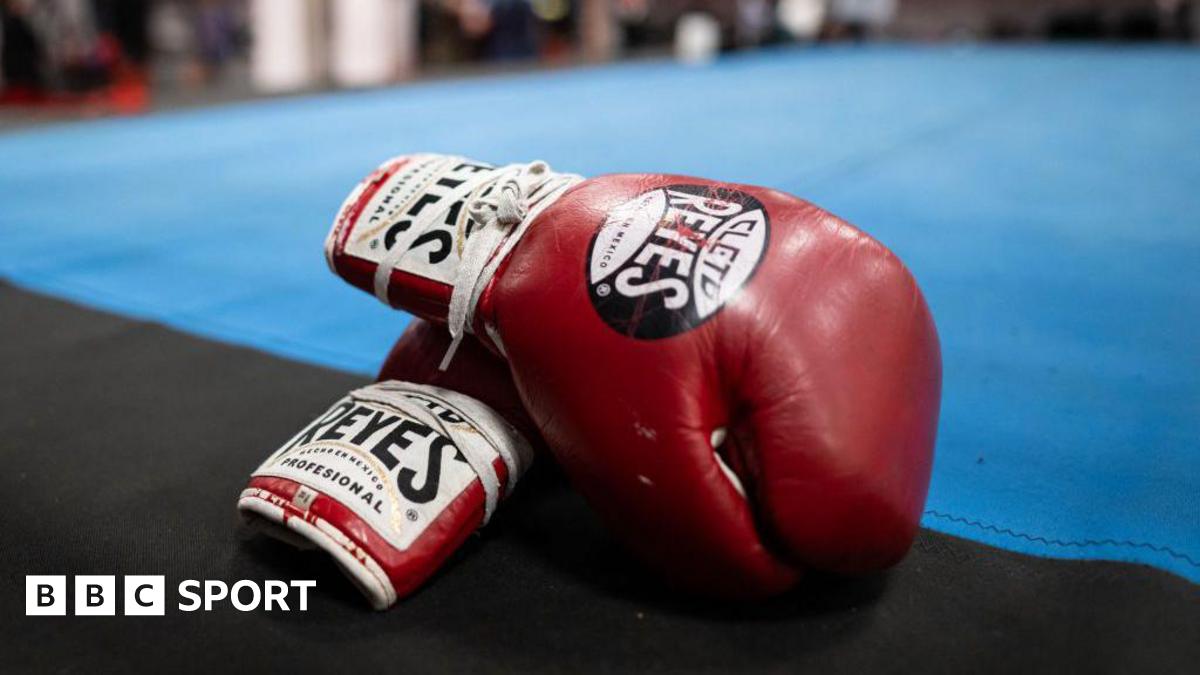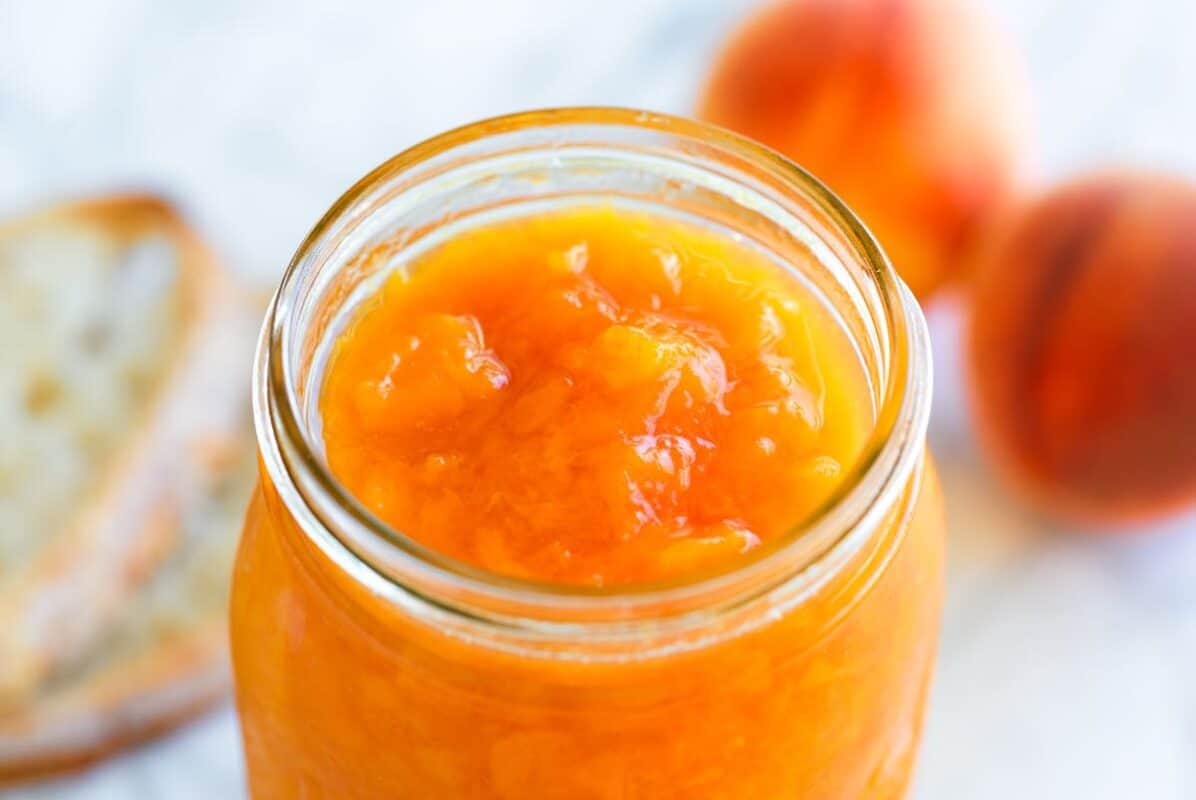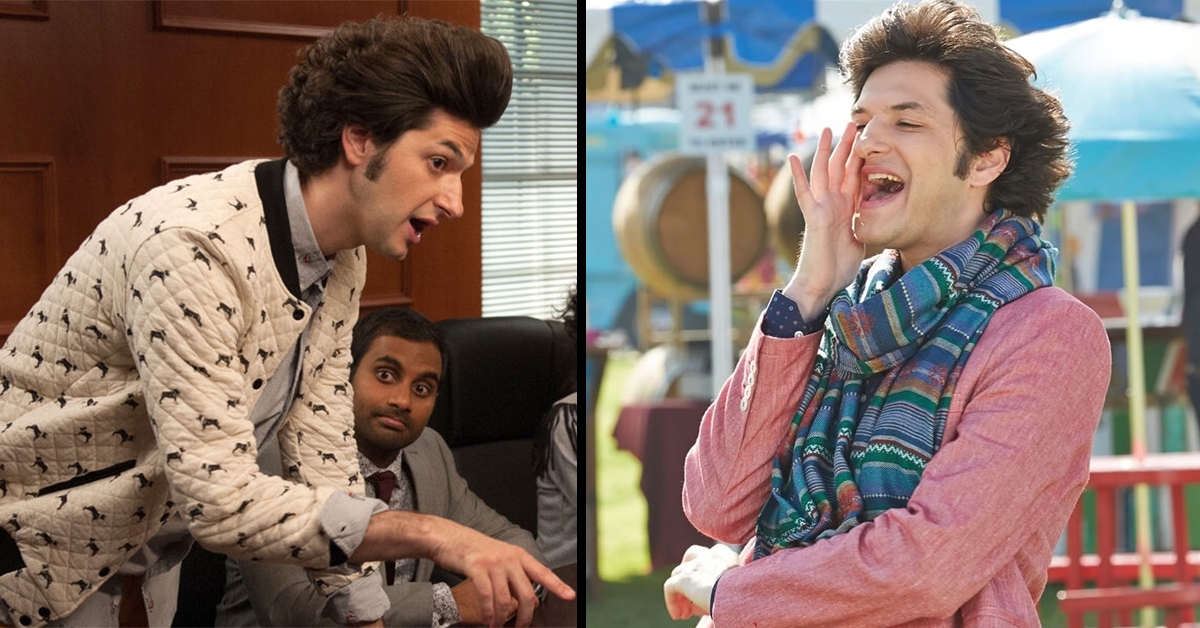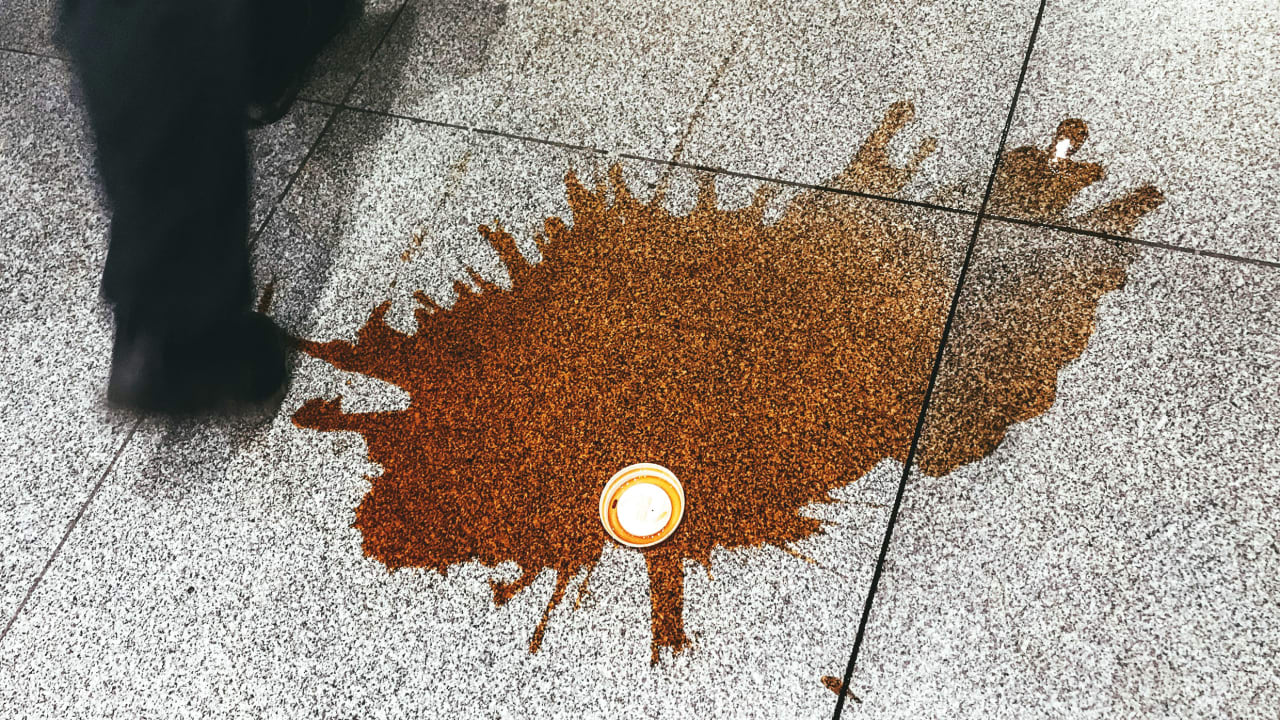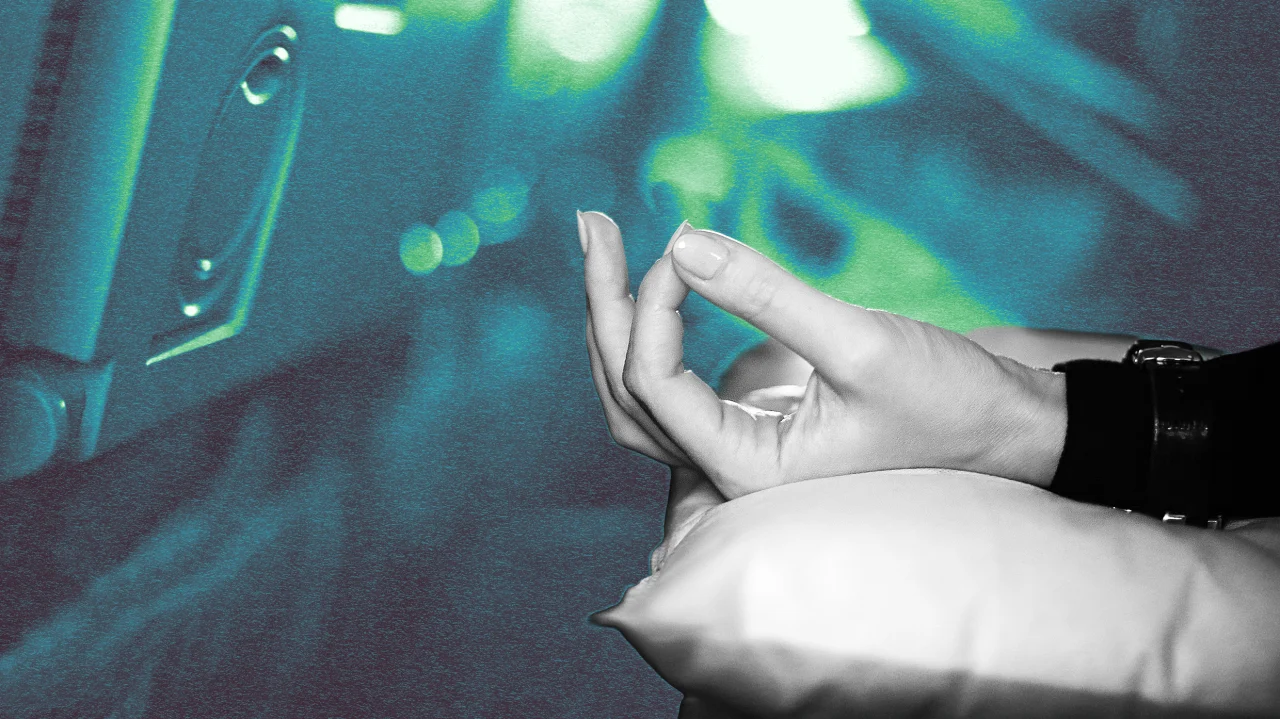FDA warns one of summer’s biggest viral beauty hits may not be safe

If your summer skincare looks more like dessert than SPF, the Food and Drug Administration (FDA) has a message: Put down the whipped cream canister—especially if it’s actually sunscreen.
On Monday, the agency dropped an unusually beachy buzzkill, warning that mousse-style sunscreens—the viral, fluffy-textured formulas that are all over TikTok—might not protect you as promised. Even worse? Their ice-cream-topping aesthetic could tempt someone to take a taste.
And yes, that’s as bad of an idea as it sounds.
“Beware of sunscreen products in mousse form because they might not be effective,” the agency wrote on X. “Some mousse sunscreen products resemble whipped cream containers and may put consumers at risk if ingested.”
The FDA’s social media statement was accompanied by a flurry of official warnings issued to companies making mousse-style sunscreens, which have taken off thanks to TikTok trends and influencer campaigns. On TikTok, some videos joke about mousse sunscreen’s resemblance to whipped cream by pretending to ingest it.
The warnings were issued to five sunscreen companies: Supergoop, Vacation, TiZO, Kalani and K & Care Organics.
In the letters, the FDA states that the brands’ mousse sunscreens don’t comply with its guidelines and haven’t been approved to be marketed in mousse form. According to the FDA, sunscreens in forms “other than oil, lotion, cream, gel, butter, paste, ointment, stick, spray, and powder” need an additional authorization to be marketed as effective sunscreen.
“As previously stated, there are no FDA-approved applications in effect for your drug products,” the agency states. The FDA gave the sunscreen brands 15 days to reply or pursue compliance with the concerns in the letter, which was dated back to August 6.
The FDA went further with the viral mousse sunscreen brand Vacation, pointing to “misbranding” concerns with some of the company’s packaging.
Vacation’s Classic Whip sunscreen comes in a red-and-white canister that’s designed to look almost exactly like a can of whipped cream—a marketing flourish that sent its mousse sunscreens viral.
“Specifically, your sunscreens are presented in metal canisters . . . that outputs a star-shaped foam and have a strong overall resemblance to the metal canisters ordinarily used to package whipped cream products and similar dessert toppings,” the FDA wrote, adding that selling products classified as drugs in food container lookalikes increases the risk of accidental ingestion.
What’s the deal with the mousse?
While traditional lotion, stick and spray sunscreens have occupied drug store shelves for years, mousse-style sunscreens only exploded onto the scene recently. Accelerated by TikTok posts of influencers slathering themselves in what looks like Reddi-wip, Vacation quickly enjoyed its social media-powered moment in the sun.
The brand’s thoroughly ’80s aesthetic and creative marketing have kept its sunscreen, “inspired by everyone’s favorite after dinner indulgence,” in the skincare conversation. Now, Vacation’s mousse sunscreen is on shelves at Target and Ulta. This summer, Vacation partnered with Erewhon, LA’s astronomically expensive viral grocery chain, to release a “sunscreen smoothie” for paying members, made with coconut and themed after the skincare brand’s summery scents.
Beyond the Reddi-wip drama, the U.S. sunscreen scene is not without its share of controversies. Skincare devotees have long known that American sunscreen pales in comparison to options in Europe and Asia. Beyond the U.S., sunscreen formulations include UV-blocking ingredients that haven’t yet gained FDA approval. The problem largely comes down to the fact that sunscreen is regulated as a drug in the U.S., while many other countries treat it as a cosmetic.
While sunscreens sold stateside are good at handling UVB rays that cause sunburn, they’re missing better options for blocking UVA rays, which penetrate skin deeply and are a known cause of cancer. The U.S. hasn’t approved a new sunscreen active ingredient in more than two decades – a fact that has American travelers regularly stocking their luggage with the good stuff when traveling abroad.
“At Supergoop! we remain committed to innovation in sun care and the highest standards of product efficacy and safety,” the company told Fast Company in a statement. “The recent communication from the FDA regarding our PLAY SPF 50 Body Mousse is focused on product labeling and has nothing to do with its safety, effectiveness, or formula. We are working closely with the FDA to resolve this matter as we continue to uphold the high standards our consumers expect from us.”
What's Your Reaction?
 Like
0
Like
0
 Dislike
0
Dislike
0
 Love
0
Love
0
 Funny
0
Funny
0
 Angry
0
Angry
0
 Sad
0
Sad
0
 Wow
0
Wow
0













































